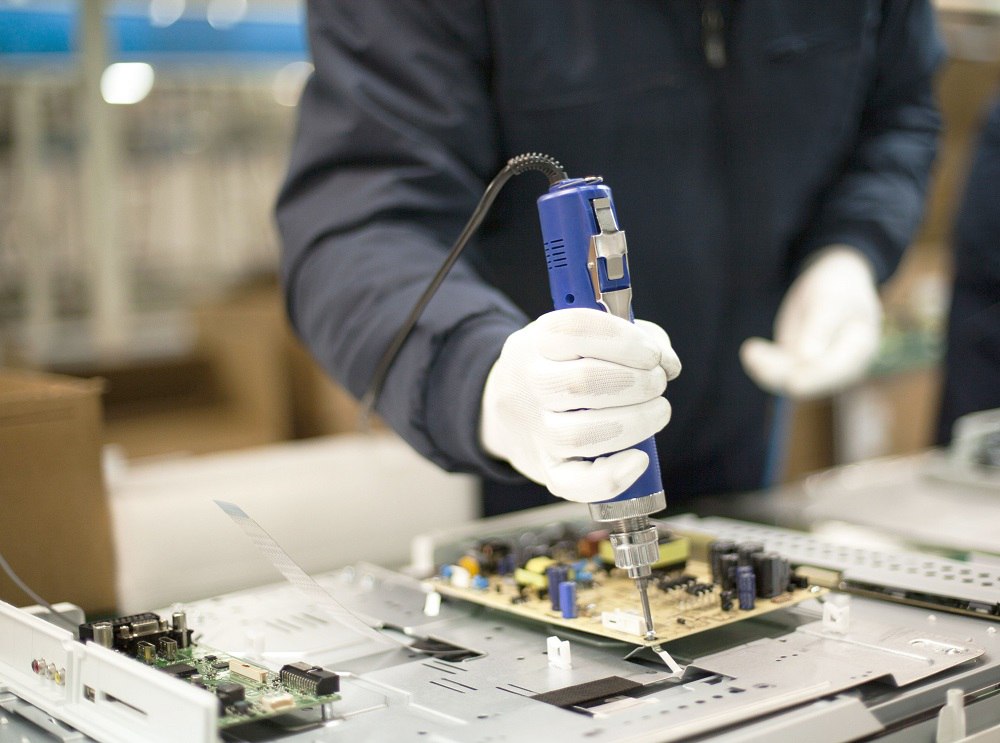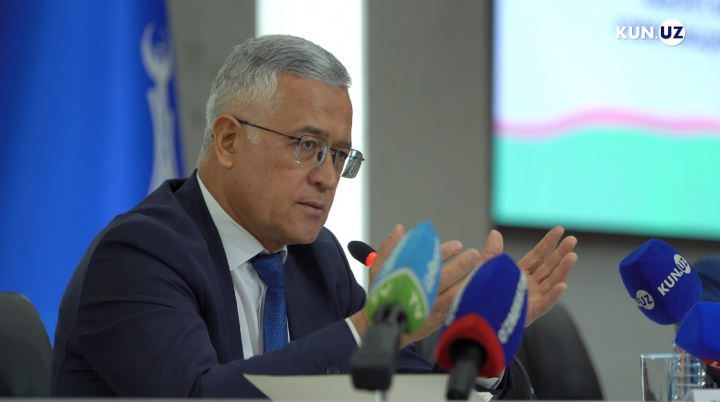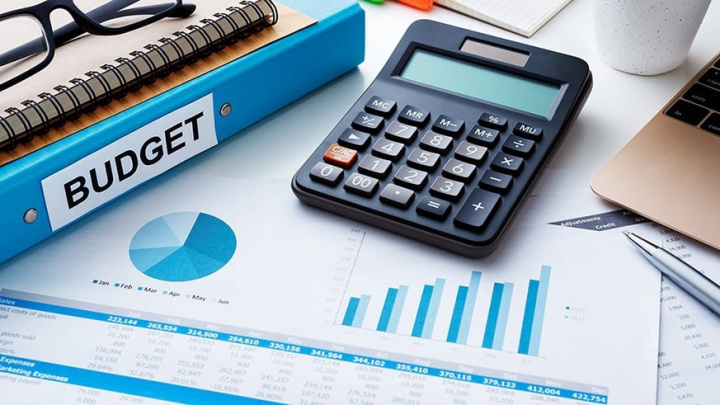Laboratory equipment not produced in Uzbekistan to be exempt from customs duties until early 2028
A presidential decree titled "Additional Measures for the Development of the Electrical Engineering Industry" has been issued, outlining the key directions for advancing Uzbekistan's electrical engineering industry during the 2025–2027 period, with the aim of elevating the sector to a new stage.

Starting from February 1, 2025, the following support measures will be implemented:
- Products processed under the customs processing regime will be allowed to undergo further reprocessing by subsequent manufacturers under an industrial cooperation framework;
- Laboratory equipment and instruments not produced in Uzbekistan, which are imported for use by research and development centers, will be exempt from customs duties until February 1, 2028.
Additionally, new requirements will be introduced for the purchase documentation related to the construction of administrative buildings, social infrastructure projects, and legal entities in which the state holds more than a 50% stake:
- Contractors will be required to source necessary goods from local manufacturers via the producers' ecosystem and the Electronic Cooperation Portal;
- If the required goods are unavailable on these portals, they may be purchased from other electronic platforms based on confirming documentation.
Transactions within the producers' ecosystem will be carried out between government customers and manufacturers through an electronic store procedure, without restrictions related to contract values, and based on offers formed using certification data for locally produced goods.
The electrical engineering sector in Uzbekistan
The sector accounts for 3.5% of the country's industrial output and 10% of its exports. Last year, 31 trillion UZS worth of products were produced, and exports reached $1.3 billion. Investments totaling $516 million were made, and 85 new enterprises were launched. Over 27,000 people are employed in the sector.
During a video selector meeting held on September 5, 2024, opportunities to improve the sector's performance were discussed. Following this, several tasks for the current year were outlined. At the meeting, the president emphasized that electrical engineering exports had reached $1 billion, making it the second-largest local industry after textiles.
On January 11, the president reviewed the results of the electrical engineering sector and discussed upcoming tasks. The meeting also revealed plans to allow entrepreneurs to build ready-made buildings in technopark zones and sell them to electrical engineering and related sector companies. Entrepreneurs who establish high-tech production facilities will be exempt from profit and property taxes for three years.
Recommended
List of streets and intersections being repaired in Tashkent published
SOCIETY | 19:12 / 16.05.2024
Uzbekistan's flag flies high on Oceania's tallest volcano
SOCIETY | 17:54 / 15.05.2024
New tariffs to be introduced in Tashkent public transport
SOCIETY | 14:55 / 05.05.2023
Onix and Tracker cars withdrawn from sale
BUSINESS | 10:20 / 05.05.2023
Latest news
-
Uzbekistan imports over half a million mobile phones in just two months
SOCIETY | 19:37 / 03.04.2025
-
The story of a student who transformed a container into a learning center in Fergana’s Vodil
SOCIETY | 17:10 / 03.04.2025
-
Oman Air granted permission for regular flights between Muscat and Tashkent
SOCIETY | 16:50 / 03.04.2025
-
Shavkat Mirziyoyev and EBRD President discuss expansion of bilateral investments and projects
POLITICS | 16:33 / 03.04.2025
Related News

19:37 / 03.04.2025
Uzbekistan imports over half a million mobile phones in just two months

15:39 / 03.04.2025
Tax Committee develops new system to track personal incomes, including foreign earnings

15:37 / 03.04.2025
Market manipulation? Leapmotor’s import ban sparks controversy

19:17 / 02.04.2025



